Our History
A heritage founded on entrepreneurialism and innovation
From the foundation to the electrochemical choice
1923
The history of the De Nora Group begins in 1923 from the initiative of Oronzio De Nora, who, in that year, files his first patent application for an electrolytic cell for alkali chlorides. Since its foundation, the Group has focused on the electrochemical industry, especially on chlor-alkali technologies.
1950s
During the 1950s, De Nora needed a new headquarter, larger and more functional than the original one. Oronzio De Nora thus began building a new plant in Via Bistolfi in Milan, where the actual headquarter is located.
The success with DSA® electrodes
1960s
The commercialization of electrochemical systems for the chlor-alkali market spreads worldwide. In 1965, insoluble titanium electrodes coated with a catalytic layer consisting of a mixture of noble metal oxides are patented, and in 1970 the DSA® trademark is registered.
1969
After decades of highly successful product development, the Group is committed to diversifying its offering and internationalizing its business by entering new areas. In 1969, the Group enters the Japanese market through a joint venture with Mitsui & Co. Ltd. and founds Permelec Electrode Ltd. to market DSA® anodes in Japan.
1970s
In the 1970s, De Nora develops a new bipolar diaphragm cell, marketed worldwide, and patents a technology for producing sodium hypochlorite from seawater, used for treating the cooling water of large plants. These years also brought the first salt chlorinators for swimming pools.
The international expansion and DSA® electrodes’ diversification
1980s
Thanks to the successes of chlor-alkali systems and DSA® anodes, the Group speeds up its international expansion, entering the Singapore, Brazil, and India markets.

1982
Singapore

1983
Brazil

1989
India
1980s
During the 1980s, innovation, and research continue to be a key element of the Group's growth strategy: DSA® anodes start to be used for applications other than chlorine production, such as electrochemical metal production, corrosion protection of concrete structures, and galvanized steel sheet production.
1990s
During the 1990s, the Group expands its operations in the Chinese, U.S., and German markets by establishing joint ventures and subsidiaries to serve the growing number of local customers and provide essential after-sales service.

1993
China
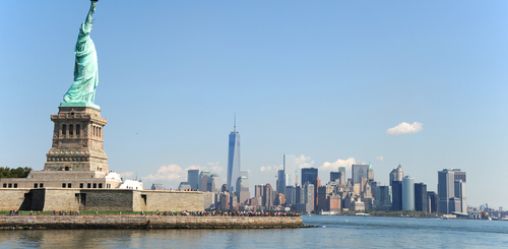
1997
USA

1998
Germany
1990s
In the 1990s, the Group continues investing in the diversification of its products, commercializing DSA® anodes in electronics, electroplating, and water sanitization processes; it also develops new technologies for basic chemistry applications and fuel cells.
Entrepreneurial growth and technological evolution
2000s
The 2000s see the development of advanced chlor-alkali coatings and separators for chlor-alkali and gas diffusion electrodes for fuel cells.
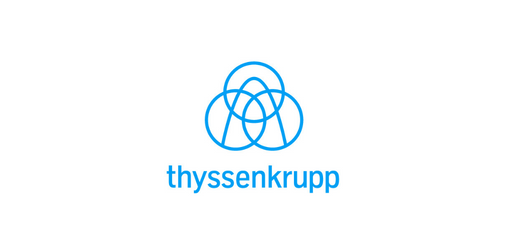
2001
During the 2000s, the Group continues its expansion by shifting from a growth strategy by internal lines to one by external lines through acquisitions and joint ventures. In particular, in 2001, Uhdenora S.p.A., a joint venture between Industrie De Nora and thyssenkrupp, is established to promote the chlor-alkali business.
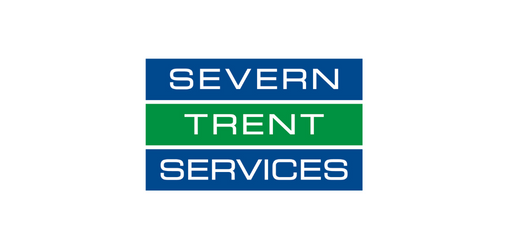
2001
The same year marks the establishment of Severn Trent De Nora, a water treatment company with electro-chlorination-based technologies in the water treatment industry.
2005
New acquisitions and joint ventures are carried out in China and the United States.
2010-2011
Between 2010 and 2011, the Group consolidates its position in the chlorine-alkali business: in 2010, a transaction with Mitsui & co. is completed, allowing De Nora to increase its stake in Permelec Electrode to 100 percent; in 2011, all shares in Chlorine Engineers, active in the plant engineering business, are acquired.
2010
Concerning innovation, in 2010, De Nora develops and patents new solutions for diaphragm and membrane technologies.
2013
De Nora turns 90 years old.
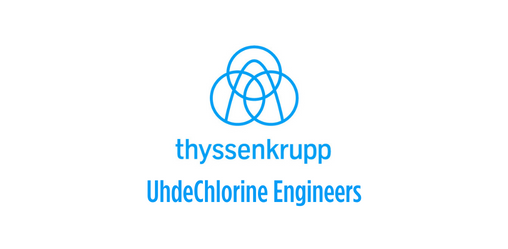
2015
Uhdenora S.p.A. becomes tkUhdeChlorine Engineers (tkUCE), a leading company in the design and supply of caustic soda and chlorine plants.
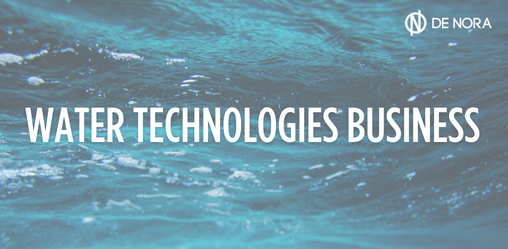
2015
In 2015, the consolidation and integration process of the companies operating in the water and wastewater treatment and sanitation industry begins by establishing the Water Technologies business segment.
2017
Blackstone Tactical Opportunities joins the De Nora family to accelerate growth by acquiring 32.9% of the share capital.
2018-2019
Between 2018 and 2019, the Group further expands its business by boosting the production capacity in China, completing corporate acquisitions, and opening new production facilities in the United States and Germany.
Entering Energy Transition
2020-2021
Between late 2020 and early 2021, Snam S.p.A., one of the world's largest energy infrastructure operators, acquires the entire stake in De Nora from Blackstone, becoming De Nora's industrial partner in the energy transition.
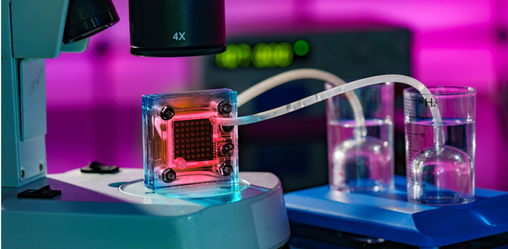
2021
The Group develops new electrodes for the energy transition based on the water-alkaline electrolysis process.
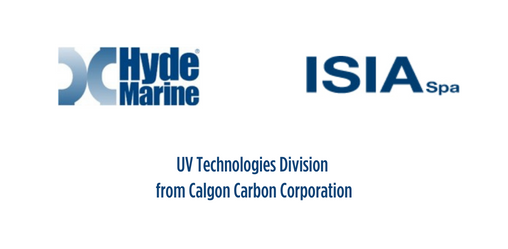
2021
De Nora strengthens and expands its product offerings in the water disinfection industry through several strategic business acquisitions.
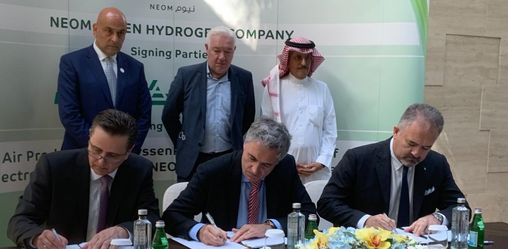
2021
The Group officially becomes one of the key players in the Neom project, the world's largest green hydrogen production plant on a gigawatt scale.
2022
Industrie De Nora is listed on the Euronext Milan stock exchange.
2022
At the end of the year, the third business segment, Energy Transition, was created, focusing specifically on developing green hydrogen technologies.
2023
De Nora turns 100 years old.











